Festivals
Place an order
Price: $
-
+
Description: Lorem ipsum dolor sit amet consectetur adipisicing elit. Odio est voluptatibus corrupti ipsam esse pariatur placeat, soluta eaque animi aspernatur iusto provident, perferendis ut? Harum consequuntur voluptates natus velit facere.
Christianity
Christianity is an Abrahamic monotheistic religion based on the life and teachings of Jesus of Nazareth. It is the world's largest religion, with about 2.4 billion followers. Its adherents, known as Christians, make up a majority of the population in 157 countries and territories, and believe that Jesus is the Christ, whose coming as the Messiah was prophesied in the Hebrew Bible, called the Old Testament in Christianity, and chronicled in the New Testament.
Some of the festivals celebrated by christians are:
- Palm Sunday
Buy books related to Palm Sunday


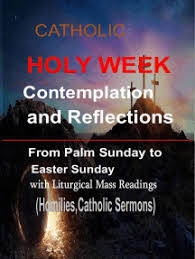
- Good Friday
Buy books related to Good Friday



- Passover
Buy books related to Passover



- Easter
Buy books related to Easter


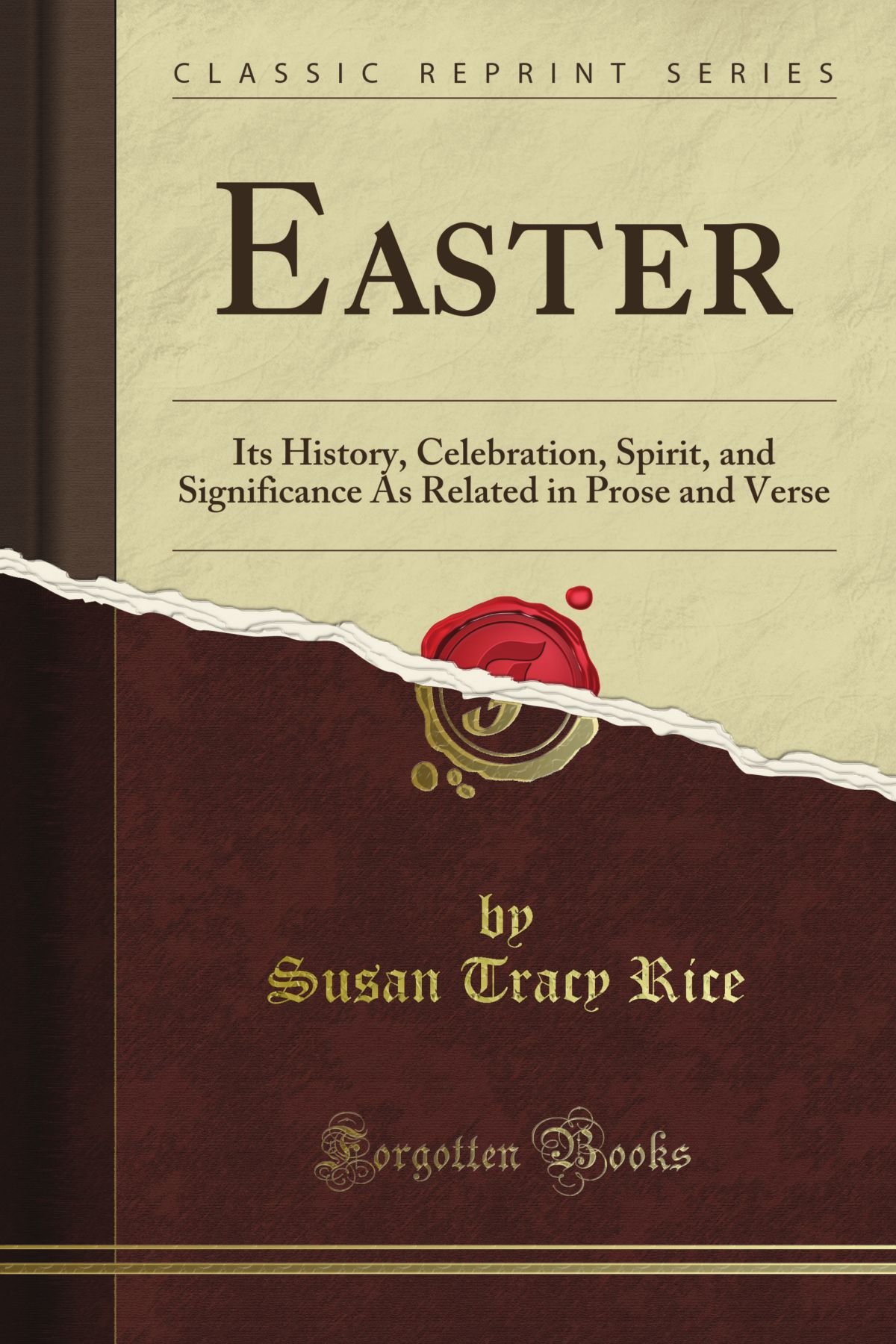
Hinduism
Hinduism (/ˈhɪnduɪzəm/) is an Indian religion and dharma, or way of life. It is the world's third-largest religion, with over 1.2 billion followers, or 15–16% of the global population, known as Hindus. The word Hindu is an exonym, and while Hinduism has been called the oldest religion in the world, many practitioners refer to their religion as Sanātana Dharma (Sanskrit: सनातन धर्म, lit. ''the Eternal Dharma''), which refers to the idea that its origins lie beyond human history, as revealed in the Hindu texts. Another, though less fitting, self-designation is Vaidika dharma, the 'dharma related to the Vedas.
Some of the festivals celebrated by hindu people are:
- Diwali
Buy books related to Diwali
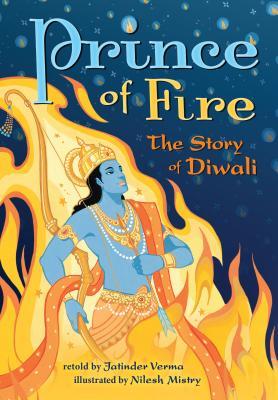


- Holi
Buy books related to Holi
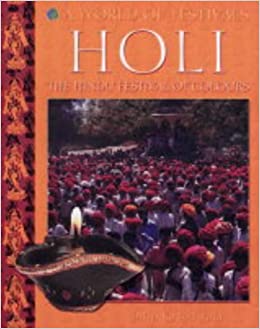

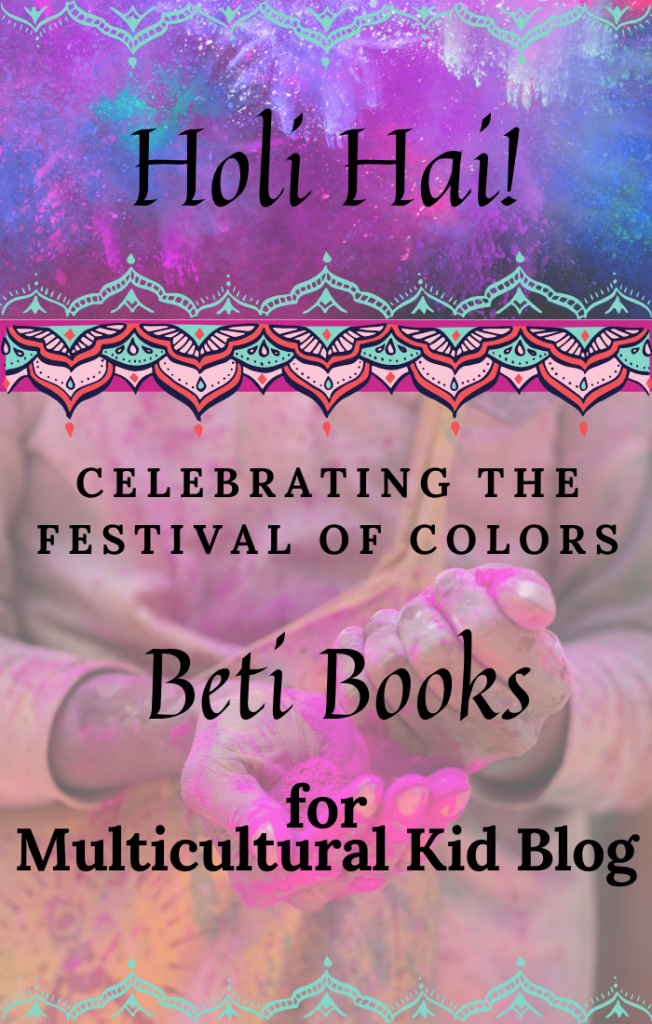
Buddhaism
Buddhism (/ˈbʊdɪzəm/, US: /ˈbuːd-/) is an Indian religion based on a series of original teachings attributed to Gautama Buddha. It originated in ancient India as a Sramana tradition sometime between the 6th and 4th centuries BCE, spreading through much of Asia. It is the world's fourth-largest religion with over 520 million followers, or over 7% of the global population, known as Buddhists. Buddhism encompasses a variety of traditions, beliefs and spiritual practices largely based on the Buddha's teachings (born Siddhārtha Gautama in the 5th or 4th century BCE) and resulting interpreted philosophies.
Some of the festivals celebrated by buddhists are:
- Vesak
Buy books related to Vesak



- Parinirvana Day
Buy books related to Parinirvana Day
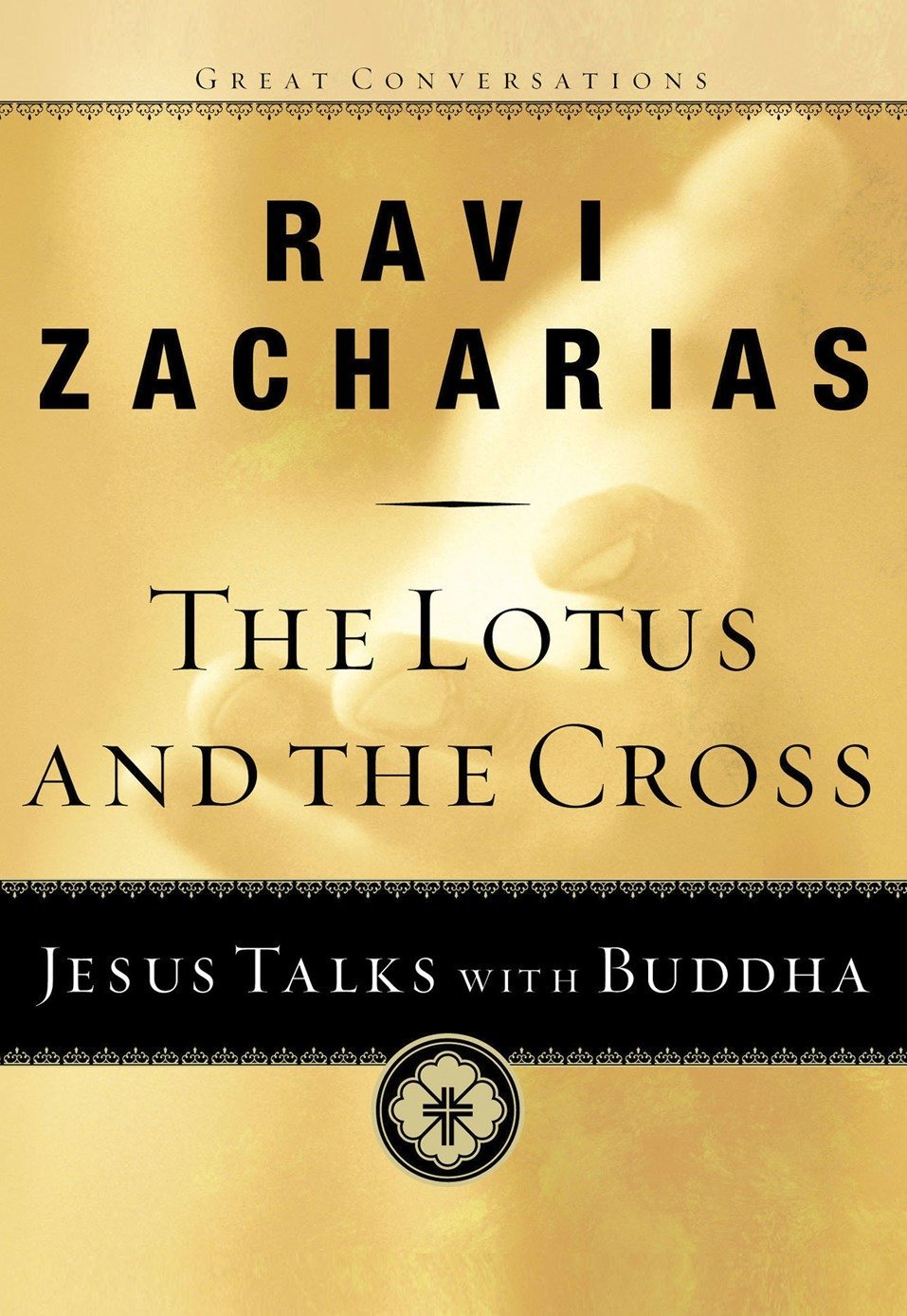
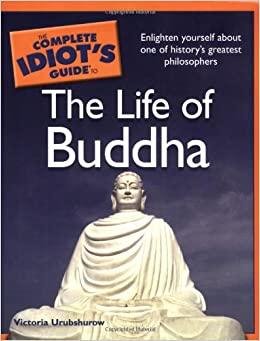
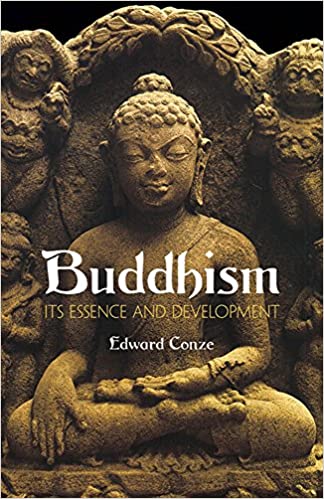
Judaism
Judaism (Hebrew: יַהֲדוּת, Yahadut; originally from Hebrew יְהוּדָה, Yehudah, "Judah", via Greek Ἰουδαϊσμός Ioudaismos; the term itself is of Anglo-Latin origin c. 1400) is an Abrahamic ethnic religion comprising the collective religious, cultural, and legal tradition and civilization of the Jewish people. Judaism is considered by religious Jews to be the expression of the covenant that God established with the Children of Israel. It encompasses a wide body of texts, practices, theological positions, and forms of organization. The Torah is part of the larger text known as the Tanakh or the Hebrew Bible, and supplemental oral tradition represented by later texts such as the Midrash and the Talmud. With between 14.5 and 17.4 million adherents worldwide, Judaism is the tenth largest religion in the world.
Some of the festivals celebrated by buddhists are:
- Tu B'Shevat
Buy books related to Tu B'Shevat


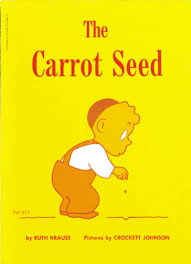
- Shabbat
Buy books related to Shabbat

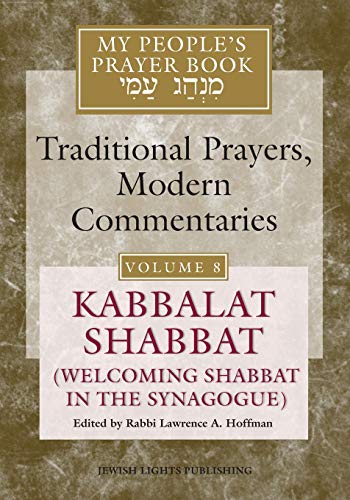
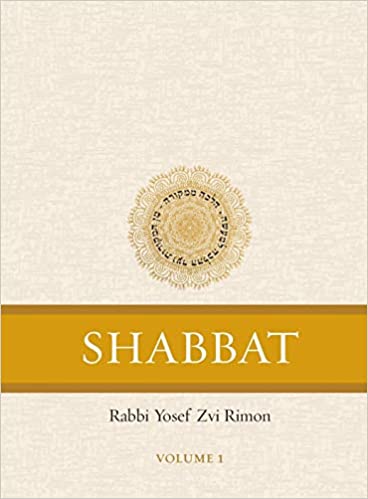
- Rosh Hashanah
Buy books related to Rosh Hashanah


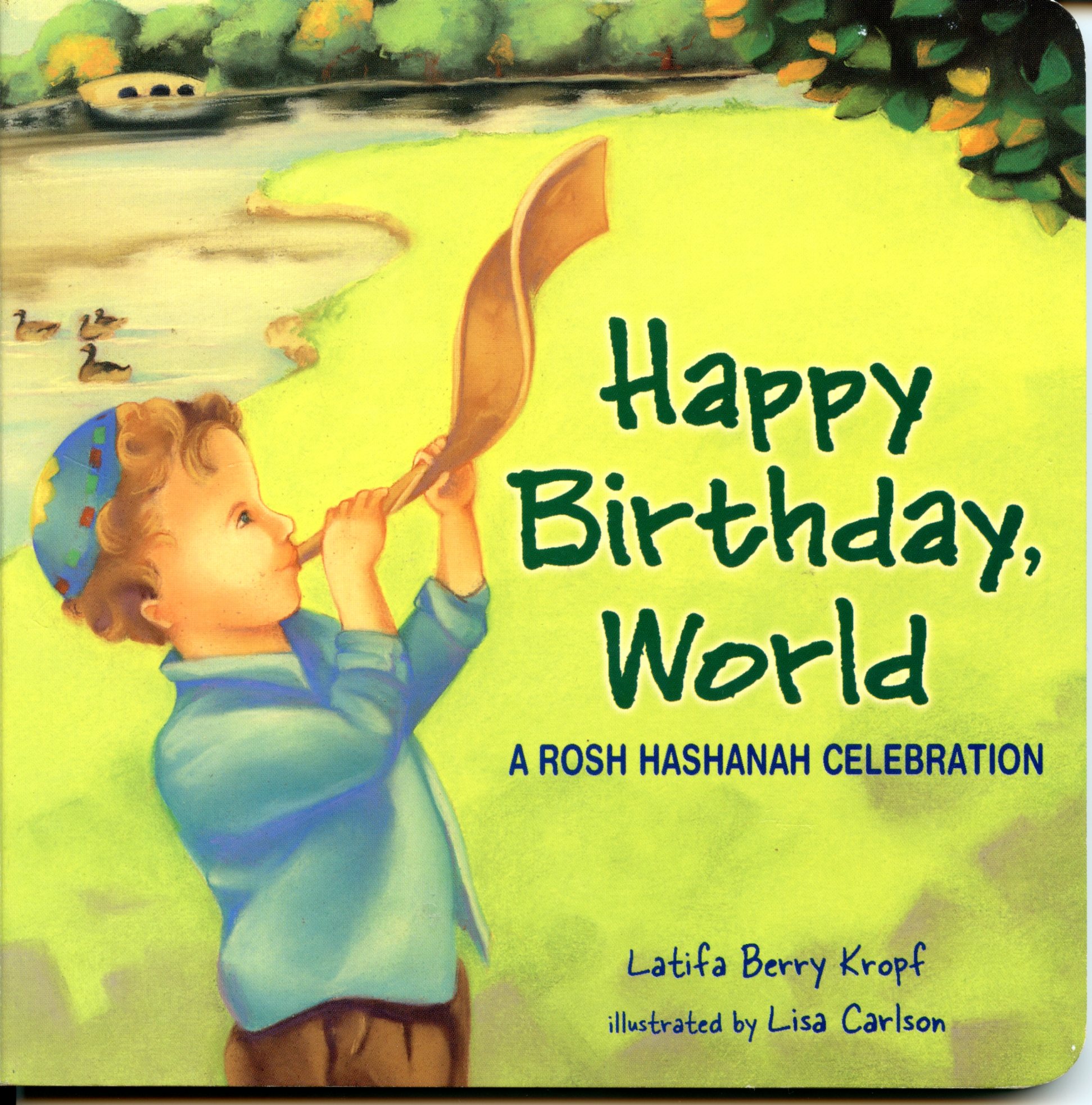
- Sukkot
Buy books related to Sukkot


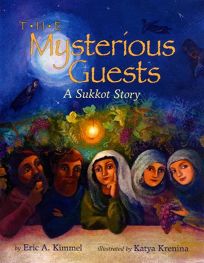
Islam
Islam (/ˈɪslɑːm/;[A] Arabic: اَلْإِسْلَامُ, romanized: al-’Islām, [ɪsˈlaːm] (About this soundlisten) "submission [to God]") is an Abrahamic monotheistic religion teaching that Muhammad is a messenger of God. It is the world's second-largest religion with 1.9 billion followers, or 24.9% of the world's population, known as Muslims. Muslims make up a majority of the population in 47 countries. Islam teaches that God is merciful, all-powerful, and unique, and has guided humanity through prophets, revealed scriptures, and natural signs. The primary scriptures of Islam are the Quran, believed to be the verbatim word of God, as well as the teachings and normative examples (called the sunnah, composed of accounts called hadith) of Muhammad (c. 570 – 632 CE).
Some of the festivals celebrated by Muslims are:
- Eid-ul-Adha (Festival of Sacrifice)
Buy books related to Eid-ul-Adha (Festival of Sacrifice)



- Maulid Al-Nabi (birthday of the Prophet Muhammad)
Buy books related to Maulid Al-Nabi (birthday of the Prophet Muhammad)
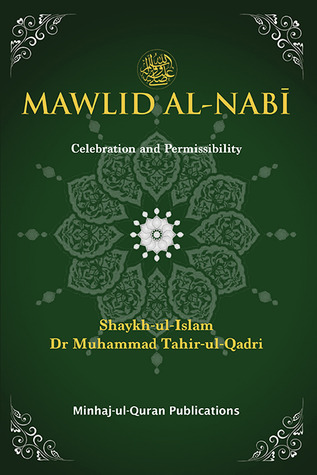
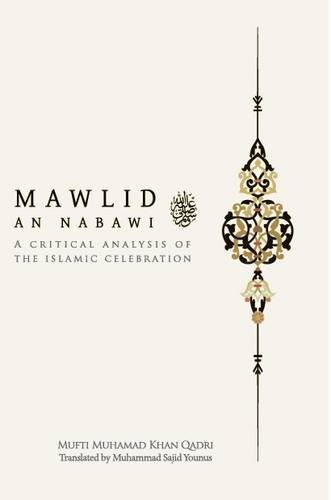
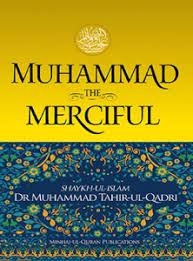
- Ramadan
Buy books related to Ramadan

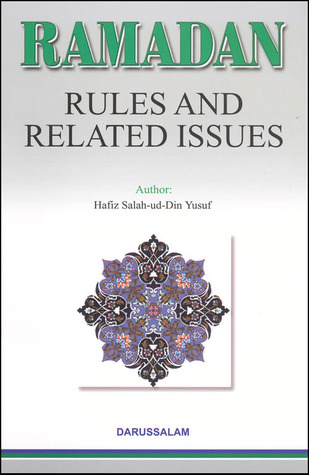

Jainism
Jainism (/ˈdʒeɪnɪzəm/), traditionally known as Jain Dharma, is an ancient Indian religion . The three main pillars of Jainism are ahiṃsā (non-violence), anekāntavāda (non-absolutism), and aparigraha (non-attachment). Asceticism (abstinence from sensual pleasures) is an important principle. Jains take five main vows: ahiṃsā (non-violence), satya (truth), asteya (not stealing), brahmacharya (sexual continence), and aparigraha (non-possessiveness). These principles have affected Jain culture in many ways, such as leading to a predominantly vegetarian lifestyle. Parasparopagraho jīvānām (the function of souls is to help one another) is the faith's motto and the Ṇamōkāra mantra is its most common and basic prayer
Some of the festivals celebrated by jain are:
- Mahamastakabhisheka festival (held every 12 years)
Buy books related to Mahamastakabhisheka festival (held every 12 years)

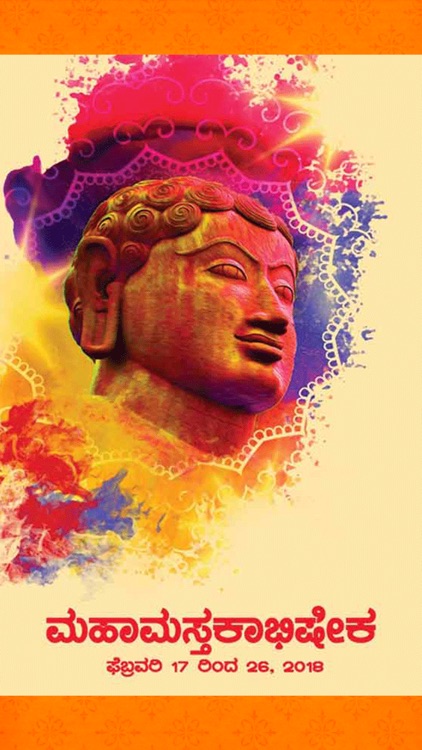
- Paryushana
Buy books related to Paryushana
- Diwali
Buy books related to Diwali



Bah'i
The Baháʼí Faith (/bəˈhɑːʔiː, bəˈhaɪ/; Persian: بهائی Bahāʼi) is a relatively new religion teaching the essential worth of all religions and the unity of all people. Established by Baháʼu'lláh in the 19th century, it initially developed in Iran and parts of the Middle East, where it has faced ongoing persecution since its inception. The religion is estimated to have over five million adherents, known as Baháʼís, spread throughout most of the world's countries and territories.
Some of the festivals celebrated by baha'i are:
- Naw-Rúz
Buy books related to Naw-Rúz

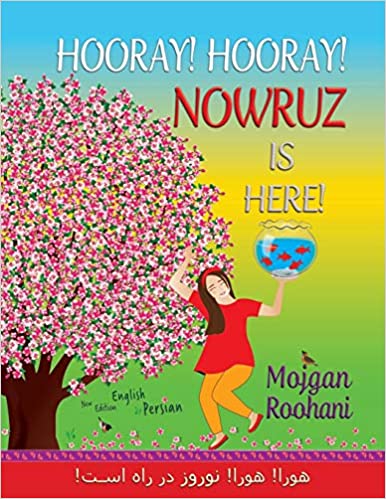
- The Birth of the Báb
Buy books related to The Birth of the Báb
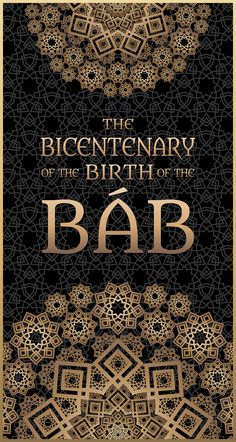
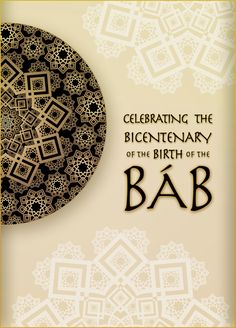
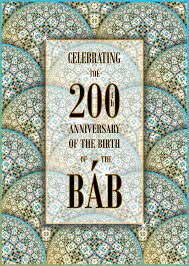
- The Birth of Baha'u'llah
Buy books related to The Birth of Baha'u'llah
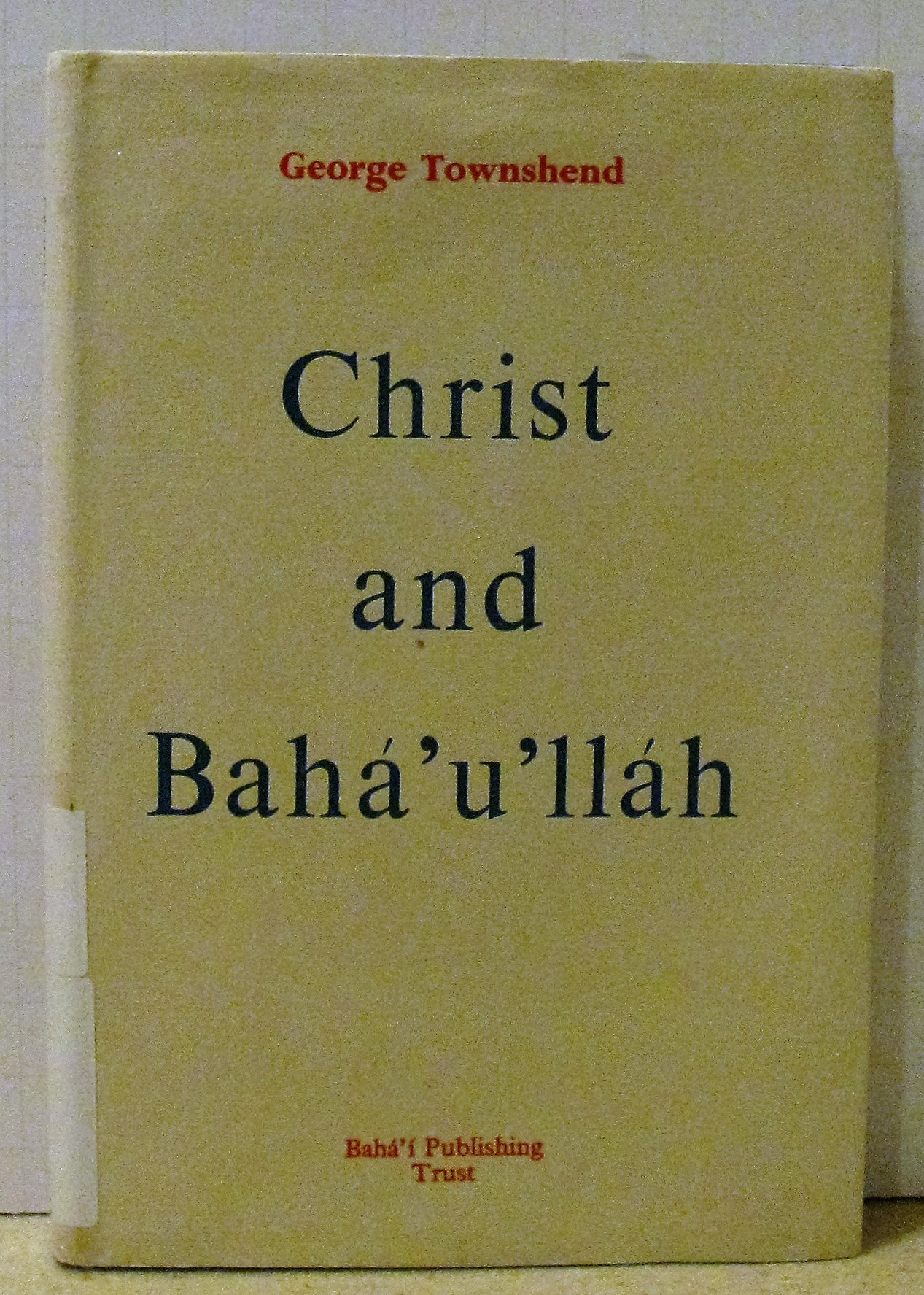
Sikhism
The Baháʼí Faith (/bəˈhɑːʔiː, bəˈhaɪ/; Persian: بهائی Bahāʼi) is a relatively new religion teaching the essential worth of all religions and the unity of all people. Established by Baháʼu'lláh in the 19th century, it initially developed in Iran and parts of the Middle East, where it has faced ongoing persecution since its inception. The religion is estimated to have over five million adherents, known as Baháʼís, spread throughout most of the world's countries and territories.
Some of the festivals celebrated by sikhism believers are:
- Vaisakhi
Buy books related to Vaisakhi
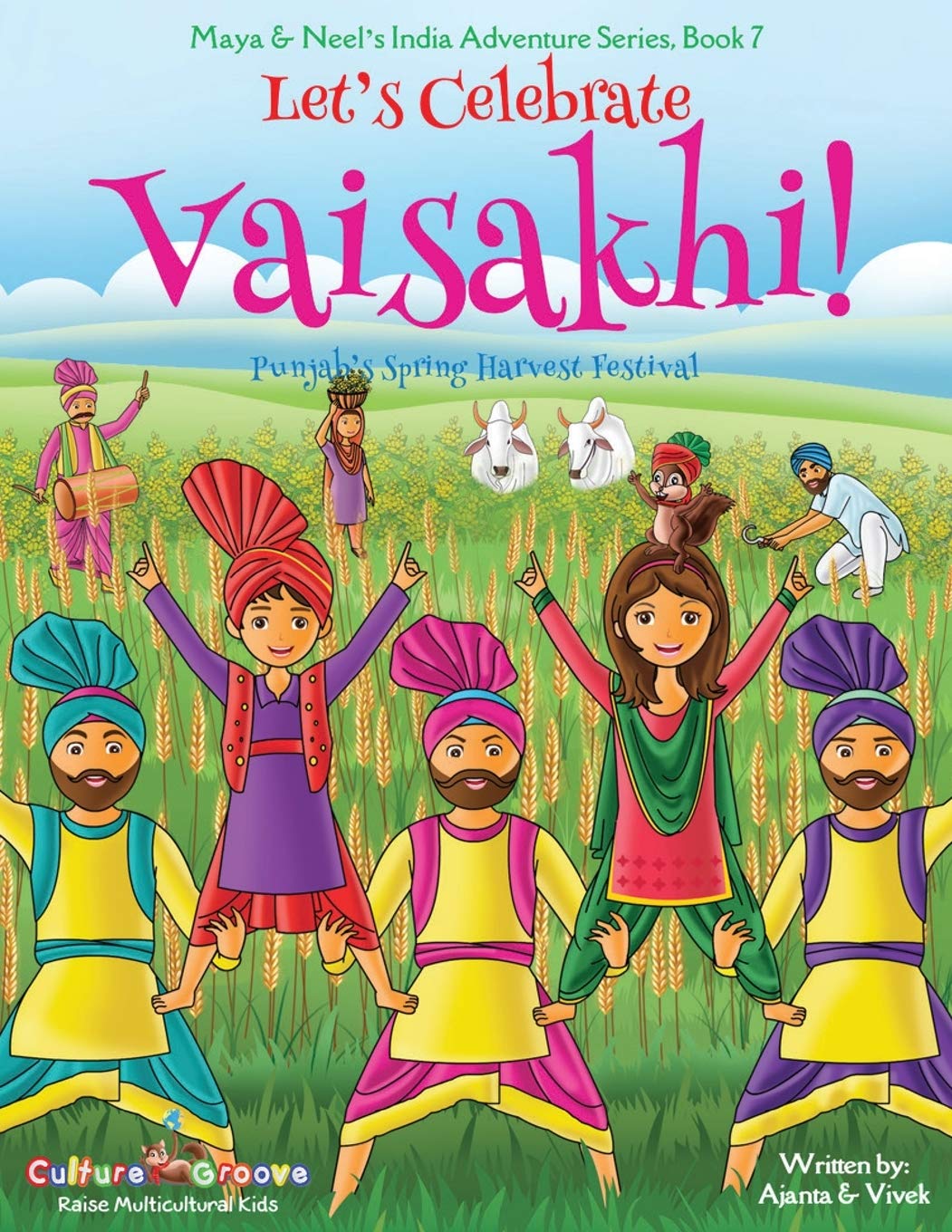

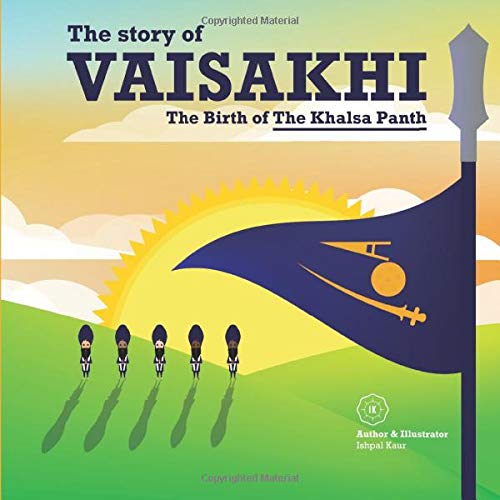
- Martyrdom of Guru Arjan
Buy books related to Martyrdom of Guru Arjan



Zoroastrianism
Zoroastrianism or Mazdayasna is one of the world's oldest continuously practiced religions, based on the teachings of the Iranian-speaking prophet Zoroaster (also known as Zaraθuštra in Avestan or Zartosht in Modern Persian). Zoroastrianism has a dualistic cosmology of good and evil and an eschatology which predicts the ultimate conquest of evil by good. Zoroastrianism exalts an uncreated and benevolent deity of wisdom, Ahura Mazda (Wise Lord), as its supreme being. The unique historical features of Zoroastrianism, such as its monotheism, messianism, judgment after death, heaven and hell, and free will may have influenced other religious and philosophical systems, including Second Temple Judaism, Gnosticism, Greek philosophy, Christianity, Islam, the Baháʼí Faith, and Buddhism.
Confucianism
Confucianism, also known as Ruism, is a system of thought and behavior originating in ancient China. Variously described as tradition, a philosophy, a religion, a humanistic or rationalistic religion, a way of governing, or simply a way of life,[1] Confucianism developed from what was later called the Hundred Schools of Thought from the teachings of the Chinese philosopher Confucius (551–479 BCE).
Shinto
Shinto (Japanese: 神道, romanized: Shintō) is a religion which originated in Japan. Classified as an East Asian religion by scholars of religion, its practitioners often regard it as Japan's indigenous religion and as a nature religion. Scholars sometimes call its practitioners Shintoists, although adherents rarely use that term themselves. There is no central authority in control of Shinto and much diversity exists among practitioners.
Taoism
Taoism (/ˈtaʊ-/), or Daoism (/ˈdaʊɪzəm/), is a philosophical and spiritual tradition of Chinese origin which emphasizes living in harmony with the Tao (Chinese: 道; pinyin: Dào; lit. 'Way', or Dao). In Taoism, the Tao is the source, pattern and substance of everything that exists. Taoism teaches about the various disciplines for achieving "perfection" by becoming one with the unplanned rhythms of the universe, called "the way" or "Tao". Taoist ethics vary depending on the particular school, but in general tend to emphasize wu wei (action without intention), "naturalness", simplicity, spontaneity and the Three Treasures: 慈, "compassion", 儉, "frugality" and 不敢為天下先, "humility".
Some of the festivals celebrated by Taoism believers are:
- Tai-shang Lao-chun (Lao-tzu)
- Birthday of Tu-ti Gong
- Birthday of Xuantian Shangdi
- Birthday of Mazu
Ifa
Ifá is a Yoruba religion and system of divination. Its literary corpus is the Odu Ifá. Orunmila is identified as the Grand Priest, as he is who revealed divinity and prophecy to the world. Babalawos or Iyanifas use either the divining chain known as Opele, or the sacred palm or kola nuts called Ikin, on the wooden divination tray called Opon Ifá. Ifá is practiced throughout the Americas, West Africa, and the Canary Islands, in the form of a complex religious system, and plays a critical role in the traditions of Santería, Candomblé, Palo, Umbanda, Vodou, and other Afro-American faiths, as well as in some traditional African religions.
Some of the festivals celebrated by Taoism believers are:
- Eyo Festival
- Egungun Festival